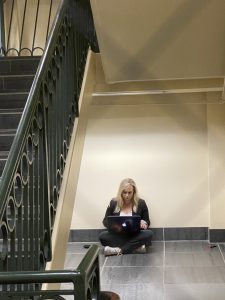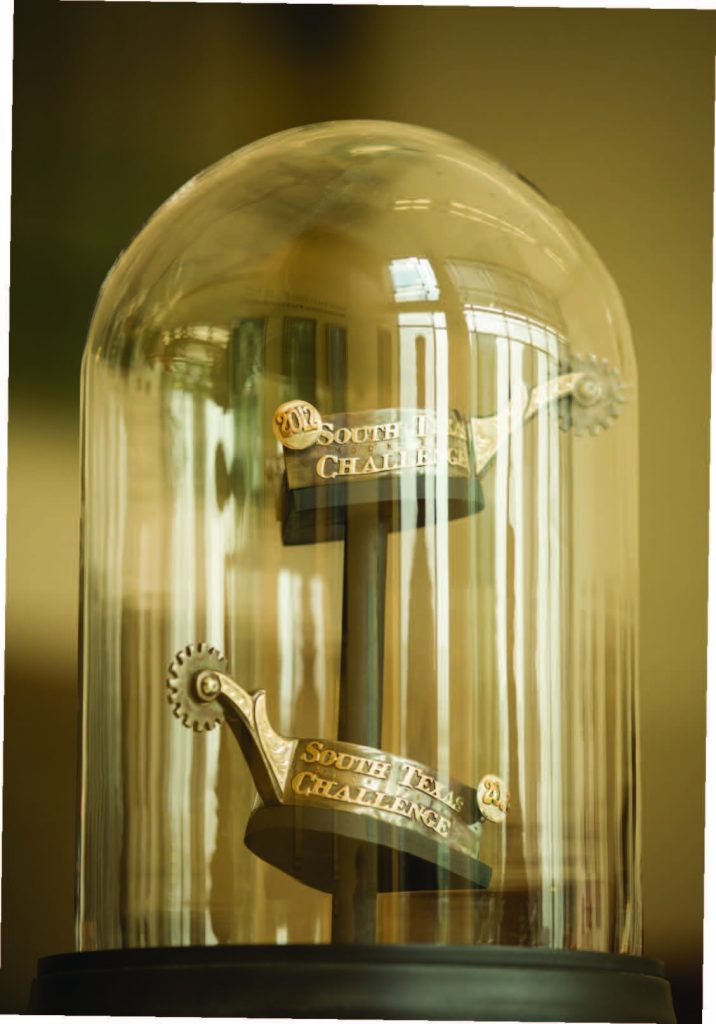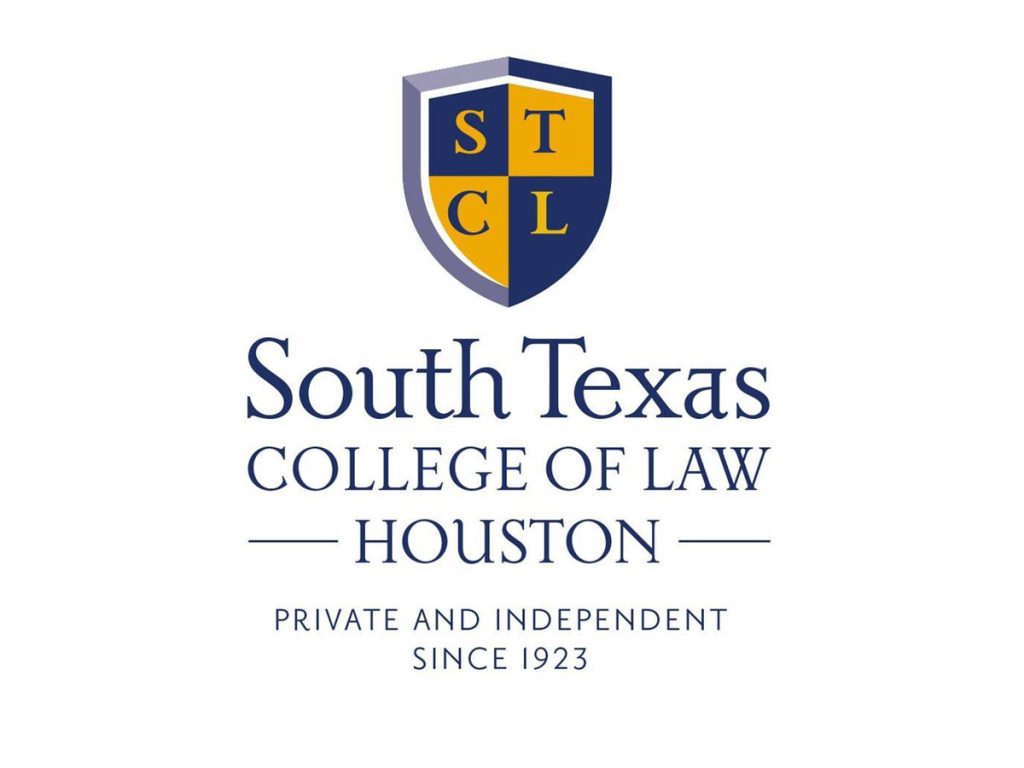Since 2012, the nation’s strongest mock trial competitors have converged on the South Texas College of Law Houston campus every March to participate in what has become one of the most prestigious tournaments among U.S. law schools. As the hosts of the competition, STCL Houston students do not compete in the Challenge. Instead, they serve as witnesses for the teams and organize the four-day event that serves as a showcase for the school’s nationally recognized Advocacy program. The 2021 iteration, held March 25 – 28, presented new obstacles brought on by the pandemic and the online format — but the law student advocates, and their virtual host, rose to the challenge.
STCL Houston proceeded with this year’s tournament when many canceled advocacy competitions until the pandemic ends. “We adapted,” explained Rob Galloway, STCL Houston’s director of advocacy. “We decided to host an online tournament because the ‘new normal’ for lawyers will include arguing virtual hearings as well as in-person ones. We want to stay at the forefront of training the next generation of lawyers to succeed in both settings,” he added.
This year’s tournament took place on the Zoom platform. Thirty-six teams of advocates from law schools across the country used the video conferencing software to perform opening statements, direct- and cross-examination of expert and lay witnesses, and closing arguments — as well as to argue objections based on the Federal Rules of Evidence. “After spending the last year attending classes remotely, the law school advocates were not intimidated by the online format. We had some issues with the technology. We had buffering lags and, occasionally, some lost the signal and had to reboot,” said Govindi Munasinghe, a second-year student at STCL Houston who helped organize the tournament. “When that happened, everyone remained patient and waited for the problem to be resolved,” she added.
One team had to contend with an additional obstacle: severe weather. The Challenge began as storms raged through Mississippi and Alabama. A tornado warning interrupted Mckenzie Meade’s closing argument in the first round. Undaunted, the Cumberland School of Law advocate asked the judge for permission to take a break, packed up her computer, and relocated to a designated shelter where she finished her argument. Not only did her Meade’s team earn a win in that round, but they also received the tournament’s award for Most Professional Team. “The students were grinning ear-to-ear when we received the award,” said Cumberland coach Setera Foster. “We’ll never forget this experience.”
This year’s challenge problem involved a measles outbreak at a daycare in in October 2019. The mock trial centered around the unvaccinated children of two sets of parents and required advocates to argue whether, and to what extent, the parents and the daycare were responsible for the outbreak.
A team from the University of Georgia School of Law won the championship trophy by defeating a team from UCLA School of Law in the final round on Sunday. The Georgia law students ― Amelia Welch Ortiz, Charles Hoffman, Ian Kecskes, and Haley Kairab ― went undefeated in the seven rounds of competition over four days. Another feature of the Challenge is that teams had to submit a trial brief, which was scored and used in determining advancement. This requirement, a nod to STCL Houston’s steadfast commitment to improving legal research and writing skills, is uncommon in national mock trial competitions. A team from the University of California Berkeley School of Law won the top prize for Best Trial Brief.
The Challenge united the South Texas community; more than 200 alumni served as judges while 94 students served as witnesses, technicians, and organizers. The tournament also showcased STCL Houston’s strengths: alumni support, dedication to advocacy and legal research and writing, and the enthusiasm of South Texas students. “The long hours and the Zoom lags were all worth it,” said Trent Cooper, third-year student and chair of the STCL Houston Board of Advocates. “During a global pandemic, it is so easy to take the easy way out and quit, but South Texas showed the rest of the country what resilience looks like.”




